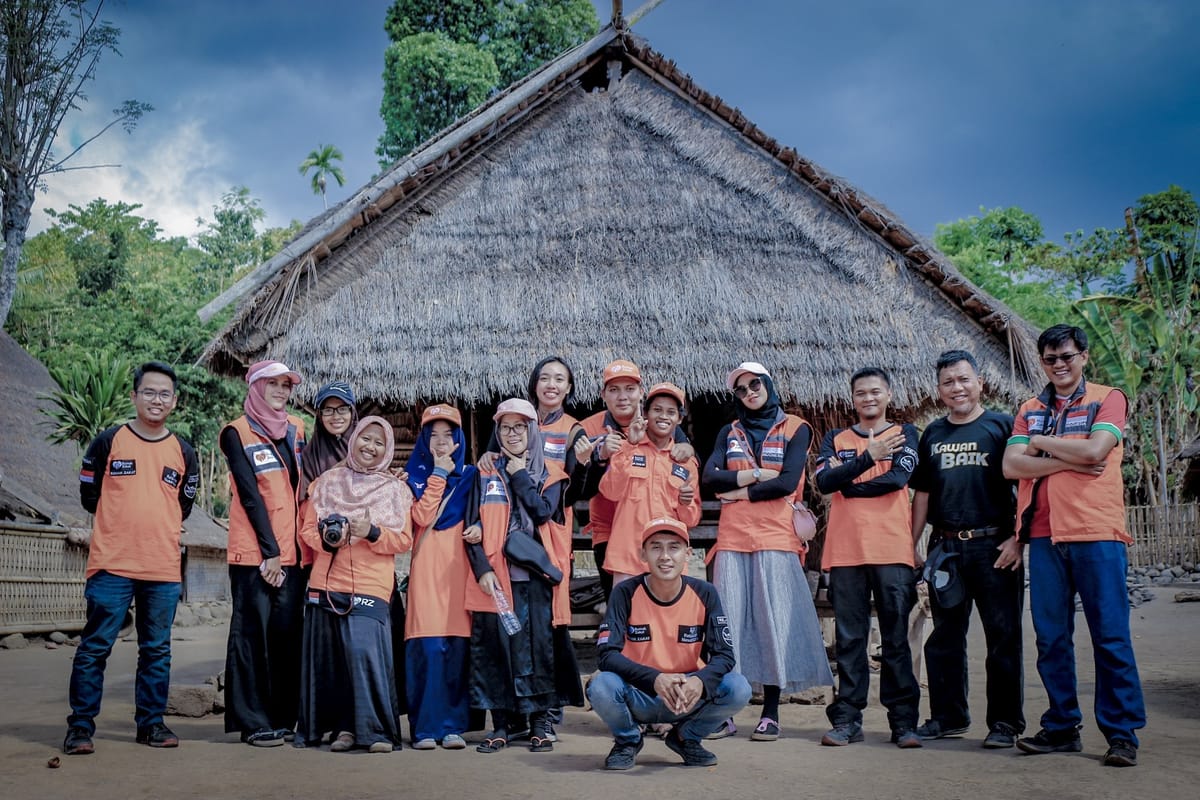Data-Driven Insights for NGO Excellence: Maximising Impact through Market Intelligence and Analytics

In the dynamic and ever-evolving world of non-governmental organizations (NGOs), the ability to gather, analyze, and interpret data has become an invaluable asset. Market intelligence and data analysis, when effectively integrated into NGO operations, can unlock a wealth of opportunities and benefits, enabling organizations to make informed decisions, enhance program effectiveness, and ultimately achieve greater impact.
Unveiling Opportunities and Enhancing Impact
Market intelligence and data analysis offer a plethora of opportunities for NGOs to strengthen their operations and amplify their impact. These insights can inform strategic planning, program development, resource allocation, and stakeholder engagement.
Identifying and Addressing Societal Needs
Market intelligence empowers NGOs to gain a deeper understanding of the challenges and needs faced by the communities they serve. By analyzing data on demographics, poverty levels, access to education and healthcare, and other relevant factors, NGOs can pinpoint the most pressing issues and tailor their programs to address them directly. This data-driven approach ensures that interventions are not only well-intended but also aligned with the specific needs of the target population.
Optimizing Resource Allocation
Limited resources are often a constraint for NGOs, making it crucial to allocate funds strategically. Data analysis can help NGOs identify the most effective use of their resources by tracking program outcomes, measuring the impact of different interventions, and evaluating the cost-effectiveness of various approaches. By understanding which programs deliver the greatest return on investment, NGOs can optimize their resource allocation, ensuring that their efforts are maximally impactful.
Strengthening Stakeholder Engagement
Market intelligence provides valuable insights into the perspectives of stakeholders, including donors, government agencies, and beneficiaries. By analyzing surveys, feedback forms, and social media interactions, NGOs can gain a deeper understanding of stakeholder expectations, identify potential concerns, and tailor their communication strategies accordingly. This data-driven approach fosters stronger relationships with stakeholders, enhancing collaboration and increasing the likelihood of long-term support.
Enhancing Impact through Data Analysis
Data analysis, the process of extracting meaningful insights from data, empowers NGOs to evaluate the effectiveness of their programs and identify areas for improvement. By tracking key performance indicators (KPIs), NGOs can quantify the impact of their interventions and demonstrate their value to donors, government agencies, and other stakeholders. For example, an NGO providing healthcare services in underserved communities could use data analysis to track metrics such as patient outcomes, disease prevalence, and healthcare utilization, allowing them to identify areas where their programs are most effective and make adjustments accordingly. This ongoing monitoring and evaluation process ensures that programs are continuously refined to maximize their effectiveness.
Unlocking Opportunities with Market Intelligence
Market intelligence, the process of gathering, analyzing, and interpreting information about markets, competitors, and customers, can provide NGOs with invaluable insights into the landscape in which they operate. By understanding the needs, preferences, and behaviors of their beneficiaries, NGOs can tailor their programs and services to achieve maximum impact across the sector. For instance:
- Education: An NGO working to improve education outcomes in developing countries can use data analysis to identify the most effective teaching methods and technologies, ensuring that students receive quality education that prepares them for the future.
- Healthcare: An NGO providing healthcare services to underserved communities can utilize data to map prevalent health issues, enabling them to develop targeted interventions and allocate resources effectively to address the most pressing healthcare concerns.
- Environmental Protection: An NGO dedicated to environmental conservation can leverage data to track changes in deforestation, pollution levels, and other environmental indicators, informing their advocacy efforts and conservation strategies.
Empowering NGOs with Data-Driven Insights
To fully harness the power of market intelligence and data analysis, NGOs should consider the following strategies:
- Invest in Data Infrastructure: NGOs should invest in building robust data infrastructure, including data collection tools, data storage systems, and data management practices, to ensure the quality, security, and accessibility of their data.
- Develop Data Literacy: NGOs should foster a culture of data literacy within their organizations, ensuring that staff members have the skills and knowledge to collect, analyze, and interpret data effectively.
- Partner with Data Experts: Collaborating with data analysts or data science professionals can provide NGOs with the necessary expertise to extract meaningful insights from their data and apply these insights to strategic decision-making.
Overcoming Challenges and Embracing the Future
While the potential benefits of market intelligence and data analysis are immense, NGOs face challenges in adopting these approaches. Capacity building, data accessibility, and data privacy concerns are common hurdles. To address these challenges, NGOs can collaborate with data experts, utilize open data sources, and implement robust data governance practices to ensure the responsible use of data.
As the world becomes increasingly data-driven, NGOs that embrace market intelligence and data analysis will be well-positioned to address complex social and environmental challenges. By leveraging data-driven insights, NGOs can make informed decisions, optimize resource allocation, and maximize their impact on the lives of those they serve. The future of the NGO sector lies in harnessing the power of data to create a more equitable and sustainable world.





